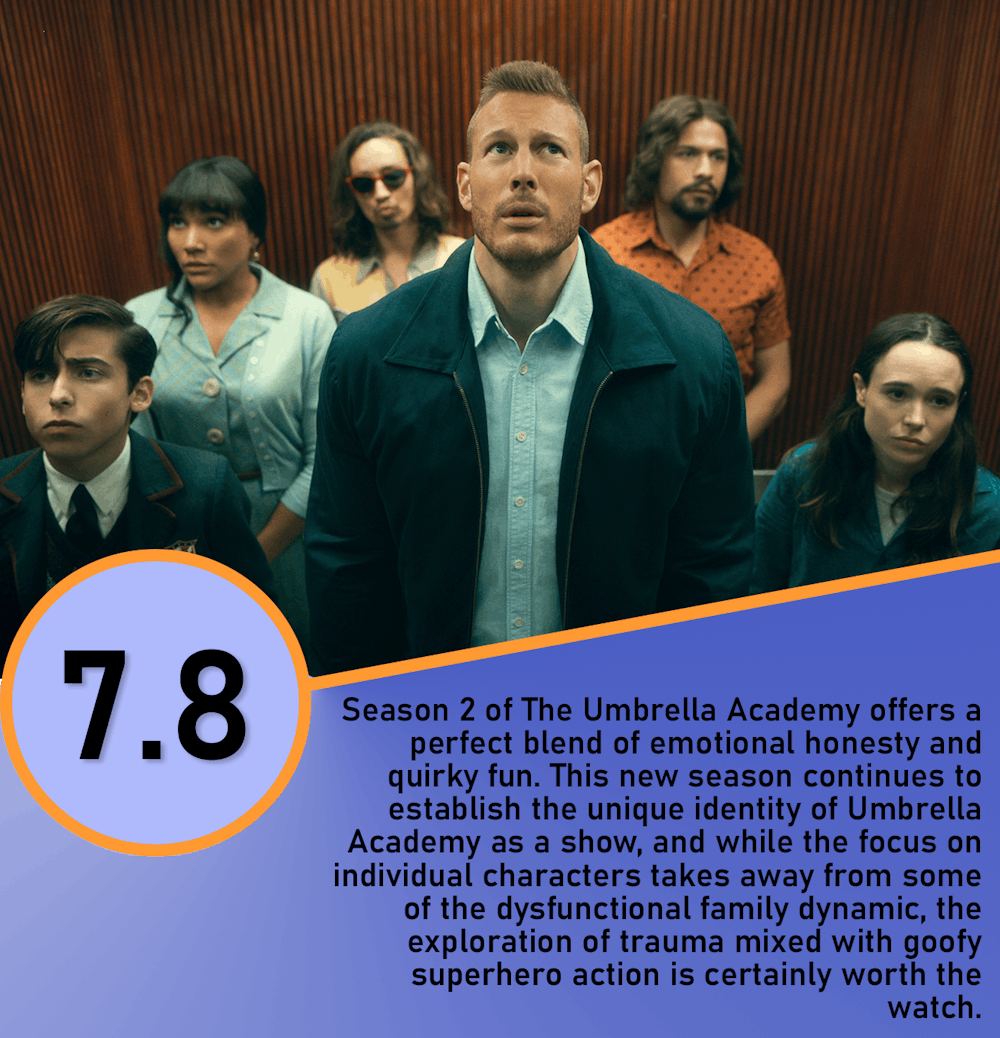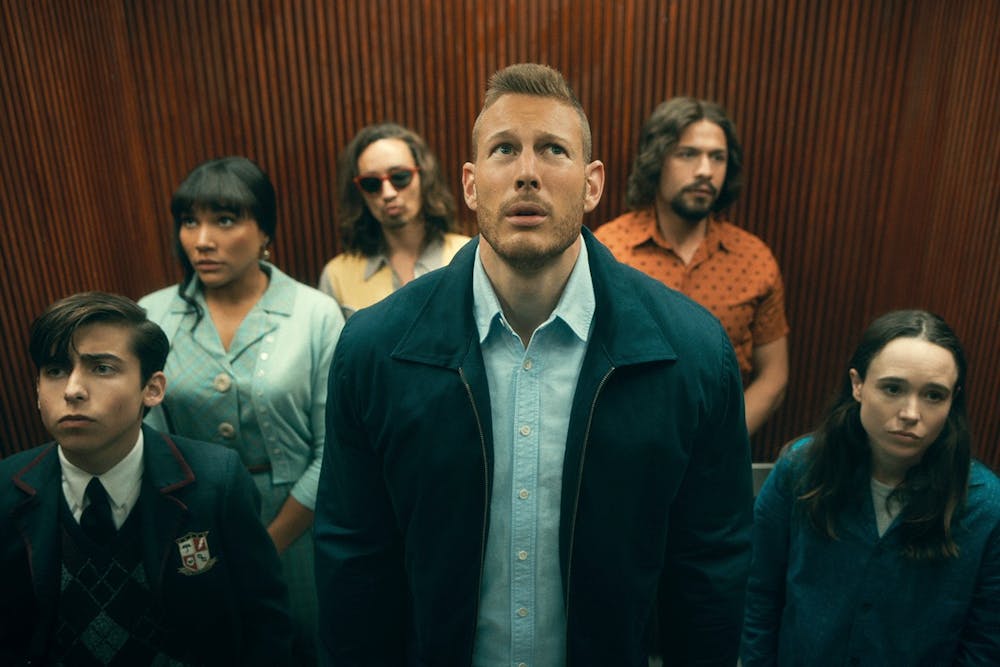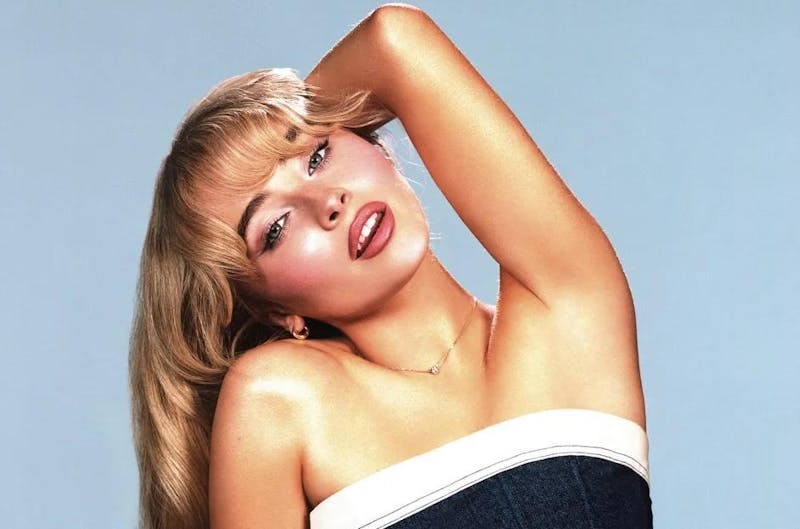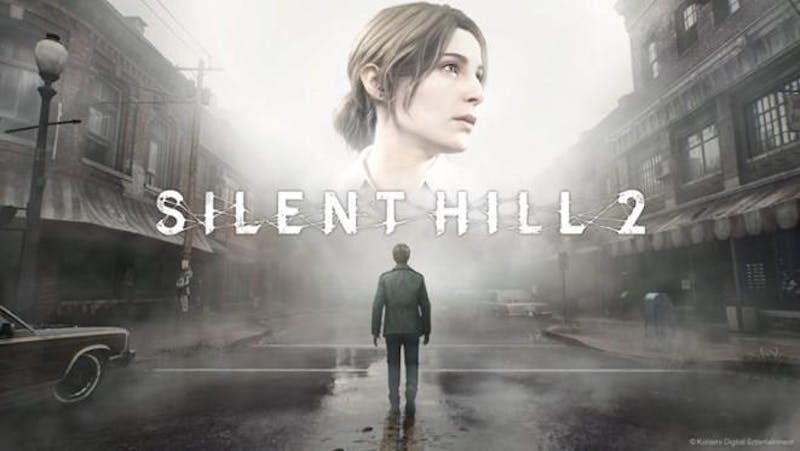Going into the new season of The Umbrella Academy on Netflix, I was feeling cautiously optimistic. I had loved the first season, but felt that its last episode went off the rails. And since that episode was the lead-in to this new season, I had no idea what to expect. However, this new season absolutely exceeded my expectations and had me feeling back at home in the Umbrella Academy universe within minutes. Much like its predecessor, this new season balances emotional honesty and a quirky, fun universe in a way that has never been done before in the superhero genre.
The Umbrella Academy: Season 2 starts where the first season left off, with Five attempting to use his powers to transport all seven siblings back in time. Unfortunately, this goes horribly awry, and they are all transported back to the same alley in Dallas in different times spanning from 1960 to 1963. To make matters worse, Five discovers upon landing that the threat of apocalypse has followed the siblings back to the 1960s, giving them a total of 10 days to find each other and save the world.
Same great characters, brand new setting

Image from IMDb
Despite the setting being completely different, the characters stay consistently themselves in this new season. The choices that were made with what happened to the characters in their 1960s lives not only made sense based on the types of people they are, but were also interesting and added layers to the show. For example, the choice to have Allison pursue civil rights activism without using her powers highlighted her passion and desire to leave the consequences of her powers in the old timeline. Klaus becoming a cult leader was both on brand and hilarious, adding to the show’s quirky and unique brand of comedy. However, I think the most interesting outcome of this time jump was Vanya’s, as she was hit by a car immediately after landing and completely lost her memories. It was heart wrenching to watch her rediscover what had happened in her life, and added another layer of emotional complexity to her interactions with her siblings. It was interesting to see how each member of this diverse group of siblings ended up faring on their own in a new timeline where they didn’t have each other to rely on.
These interesting writing choices for each character were backed up by incredible acting. The Umbrella Academy is truly an ensemble show, and every actor gives an outstanding performance. It is clear that these actors completely understand the depths of their characters’ trauma and understand their motivations as well as why they are the way they are. It is absolutely mesmerizing to see a group of people who seem so effortlessly in tune with their characters deliver exceptional, raw, emotionally honest performances with no one hogging the spotlight or standing out as weaker than the rest. While all the actors were incredible, I am continually amazed by young actor Aidan Gallagher’s portrayal of Five. Gallagher is tasked with portraying a man who is in his late 50s trapped in the body of a 15 year old, and he does it so convincingly that it’s simply unbelievable. The viewer completely forgets they are watching a child take on a role far beyond their level of life experience and becomes engrossed in the character.
Family matters

Image from IMDb
As I mentioned before, the siblings end up spread across the span of three years in Dallas, Texas. Thus, each character spends a significant amount of time alone rather than with the rest of the family. While this allows for great character development on an individual level, there is, as always, a trade-off
. Because so much time is spent with each character alone in their new, alternate timeline lives, the viewer sees much less of the family dynamic than they saw in the first season. This is rather disappointing, because so much of the original season’s appeal was the dysfunctional family dynamic that was new and fresh to the superhero genre. For about the first half of the season, we never see more than three of the siblings together at a time, and Five is almost always one of them, which gives less variety in these interactions. Fortunately, everyone eventually gets together again. However, while the parts of the show where the family is together have some really great moments of strong chemistry between actors and characters, overall, the dynamic between the siblings feels a bit generic compared to the first season.
Additionally, the fact that it takes about half the season just to get the family back together again messes with the pacing in a pretty significant way. Because so much of the season is focused on the characters’ individual 1960s lives before the family is reunited, it makes the oncoming apocalypse feel much less urgent, because the show itself doesn’t seem to be too focused on that problem, so it feels as though the viewer shouldn’t care as much.
Uniquely Umbrella Academy
One of the reasons the first season of The Umbrella Academy stood out so much was because it established its own identity as a show so clearly. It was unapologetically quirky and kooky, but was driven underneath the surface by characters with very real emotions and traumatic pasts. Fortunately, none of that amazing identity is lost in this new season. The show continues to blend emotional honesty and the complex long-term effects of family trauma with something fun and unique, and frankly, it’s incredible. The soundtrack is full of fun, upbeat tracks as well as 1960s throwbacks that set the scene for this new season. What other show could pull off putting “Rocket Fuel” by DJ Shadow and “My Way” by Frank Sinatra in the same episode? The show’s unique brand allows it to pull things off that other shows just can’t (like having one of the main bad guys be a fish in a tank wearing a suit. Does it make sense? No. Does it need to? No. It’s just fun.) The distinctive identity of the show is strong in this new season, and it elevates every moment to near perfection.

Featured Image: IMDb
Images: IMDb
For more entertainment related content, visit us at Byte BSU!





The Daily News welcomes thoughtful discussion on all of our stories, but please keep comments civil and on-topic. Read our full guidelines here.